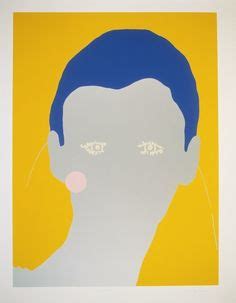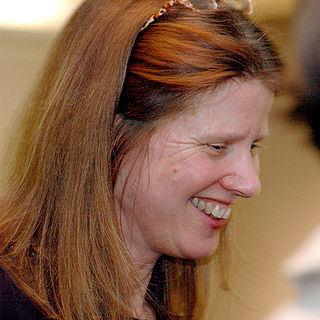A Quote by Marlene Dumas
The best works do not necessarily get to auction. I like to draw, so maybe I give you a little drawing. And then eventually it ends up at auction. And then critics say, 'Oh, that's a bad drawing!' Well, I didn't say it was so wonderful.
Related Quotes
I grew up with a pencil. A pencil was my computer at the time and so drawing, drawing, drawing and the tools of drawing where the usual ones and eventually then you graduated from the tools when the work increases and you start to draw by freehand as precise as possible and as accurate as possible, and I was pretty good at that.
I am trying to represent design through drawing. I have always drawn things to a high degree of detail. That is not an ideological position I hold on drawing but is rather an expression of my desire to design and by extension to build. This has often been mistaken as a fetish I have for drawing: of drawing for drawing’s sake, for the love of drawing. Never. Never. Yes, I love making a beautiful, well-crafted drawing, but I love it only because of the amount of information a precise drawing provides
Usually I begin things through a drawing, so a lot of things are worked out in the drawing. But even then, I still allow for and want to make changes. I kind of do the drawing with the painting in mind, but it's very hard to guess at a size or a color and the colors around it and what it will really look like. It's only a guess at the beginning, and then I try to refine it.
When it came time for me to give my talk on the subject, I started off by drawing an outline of the cat and began to name the various muscles. The other students in the class interrupt me: "We *know* all that!" "Oh," I say, "you *do*? Then no *wonder* I can catch up with you so fast after you've had four years of biology." They had wasted all their time memorizing stuff like that, when it could be looked up in fifteen minutes.
We're more familiar with what economists call an English auction - prices start low and rise as people bid. However, there is also the Dutch auction, where prices start high and go lower until somebody bites. Movies are sold to the audience via a very slow Dutch auction, where each phase between price drops can last weeks or months.






































